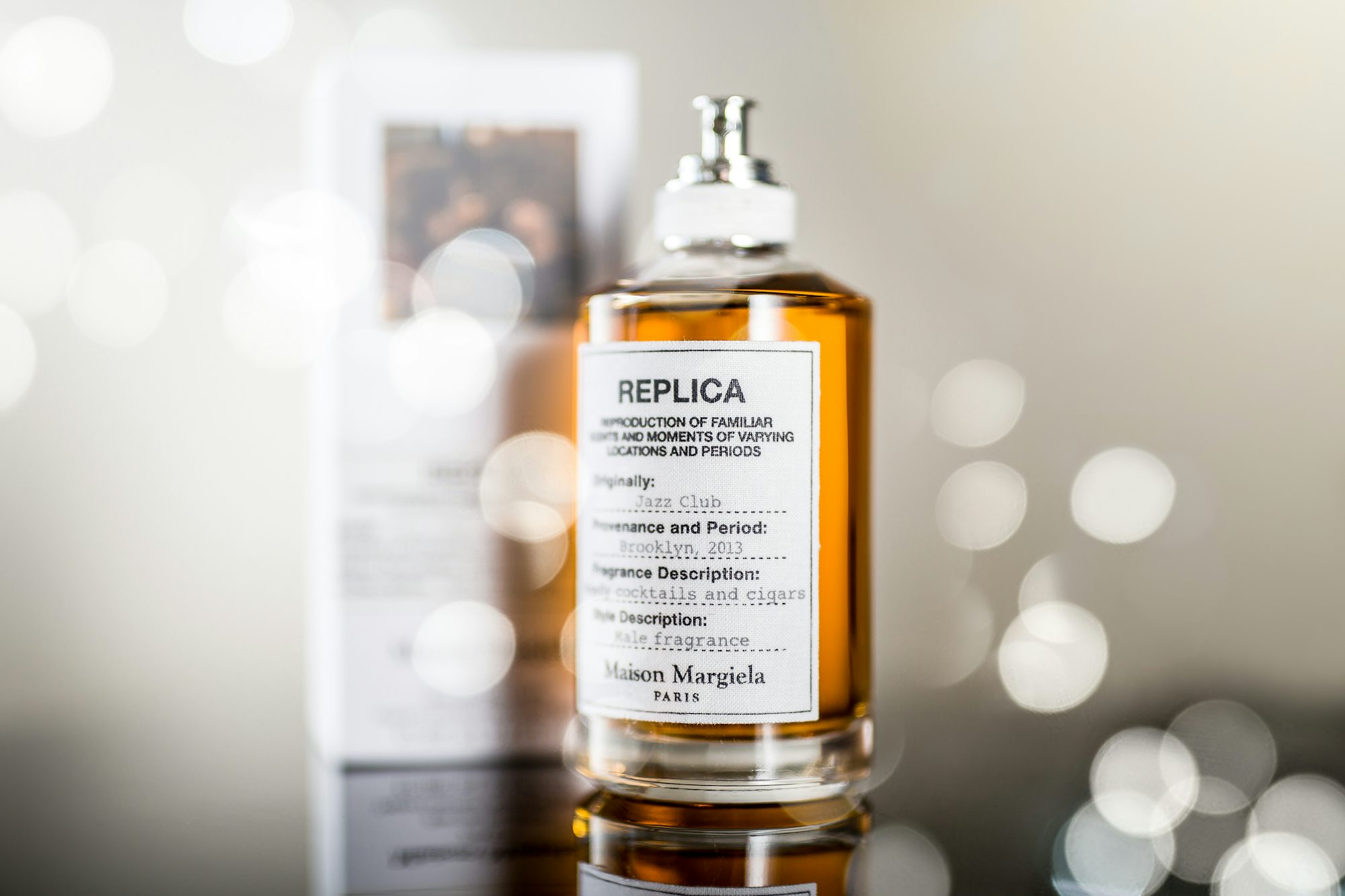In recent years, there has been a significant shift in the beauty industry, with a growing emphasis on natural and eco-friendly skincare products. Consumers are becoming increasingly aware of the ingredients in their products and their impact on both personal health and the environment. This movement towards sustainability has led to a surge in popularity for brands that prioritize natural formulations, eco-conscious practices, and ethical sourcing. In this article, we will delve into the rise of eco-friendly skincare, exploring its benefits, key ingredients, and the broader implications for the beauty industry.
The beauty industry has long been criticized for its reliance on synthetic ingredients, many of which can be harsh on the skin and detrimental to the environment. As awareness of these issues has grown, so has consumer demand for products that are not only effective but also safe and sustainable. Eco-friendly skincare products typically feature natural ingredients derived from plants, minerals, and other organic sources, which are gentler on the skin and less harmful to the planet.
One of the most significant benefits of embracing natural skincare is the reduction of exposure to potentially harmful chemicals. Many conventional skincare products contain synthetic additives, preservatives, and artificial fragrances that can irritate the skin or trigger allergic reactions. By opting for eco-friendly alternatives, consumers can avoid these harsh ingredients and choose products formulated with nourishing botanical extracts, essential oils, and natural preservatives. This shift towards gentler formulations aligns with the growing desire for holistic health and wellness, as individuals seek to care for their skin in a way that complements their overall lifestyle.
In addition to being kinder to the skin, eco-friendly skincare products often have a reduced environmental footprint. Many brands focus on sustainable sourcing, using ingredients that are harvested responsibly and ethically. For example, oils derived from plants such as jojoba, argan, and coconut are not only beneficial for the skin but can also be sourced in ways that support local communities and preserve biodiversity. Furthermore, eco-friendly brands frequently prioritize eco-conscious packaging, opting for recyclable or biodegradable materials to minimize waste. This commitment to sustainability reflects a broader trend within the beauty industry, as companies recognize the importance of aligning their practices with consumer values.
Popular ingredients in eco-friendly skincare are often those that have been used for centuries in traditional beauty practices. Natural oils, such as olive, almond, and jojoba, are celebrated for their moisturizing and nourishing properties. Plant extracts like aloe vera, chamomile, and green tea are known for their soothing and antioxidant benefits, making them staples in many eco-friendly formulations. Additionally, botanical extracts like witch hazel and rosehip oil provide natural astringent and regenerative properties, respectively. These ingredients not only deliver effective results but also embody the ethos of natural beauty, emphasizing the power of nature in skincare.
The rise of eco-friendly skincare has also given birth to a wave of new brands that prioritize transparency and authenticity. Many consumers are seeking brands that openly share information about their ingredient sourcing, manufacturing processes, and ethical practices. This demand for transparency has led to a rise in brands that embrace clean beauty principles, ensuring that their products are free from harmful additives and toxins. As a result, consumers can make informed choices about the products they use, fostering a deeper connection to the brands they support.
Moreover, the eco-friendly skincare movement is closely tied to the concept of self-care. Many individuals are recognizing the importance of taking time for themselves and nurturing their skin with products that reflect their values. Eco-friendly skincare encourages a mindful approach to beauty, inviting consumers to slow down, enjoy the ritual of application, and appreciate the natural ingredients that nourish their skin. This shift towards self-care resonates with a broader societal movement focused on mental and emotional well-being, highlighting the interconnectedness of beauty, health, and sustainability.
Social media has played a crucial role in promoting eco-friendly skincare, as influencers and beauty enthusiasts share their experiences with natural products. Platforms like Instagram and TikTok have become avenues for educating consumers about the benefits of eco-friendly skincare, showcasing how these products can enhance both beauty and wellness. This grassroots marketing approach has empowered individuals to explore new brands and discover the positive impact of choosing eco-conscious options.
As the demand for eco-friendly skincare continues to grow, traditional beauty brands are also adapting to meet consumer preferences. Many established companies are reformulating their products to incorporate more natural ingredients and sustainable practices, recognizing that the future of beauty lies in sustainability. This evolution not only benefits consumers but also fosters competition, encouraging brands to innovate and improve their formulations.
While the rise of eco-friendly skincare is undoubtedly a positive trend, it is essential for consumers to remain discerning. The beauty industry has seen an influx of products marketed as “natural” or “green,” but not all of these claims are created equal. It is crucial for individuals to educate themselves about ingredient labels and to research brands thoroughly. By seeking out certifications, such as cruelty-free or organic labels, consumers can ensure they are making informed choices that align with their values.
In conclusion, the rise of eco-friendly skincare represents a transformative shift in the beauty industry, emphasizing the importance of natural ingredients, ethical practices, and sustainability. As consumers increasingly prioritize their health and the health of the planet, the demand for eco-friendly products will continue to grow. By embracing this movement, individuals can care for their skin while making a positive impact on the environment, ultimately redefining what it means to be beautiful in a conscientious world. The journey toward natural beauty is not just about products; it is about cultivating a lifestyle that reflects values of health, wellness, and sustainability.






